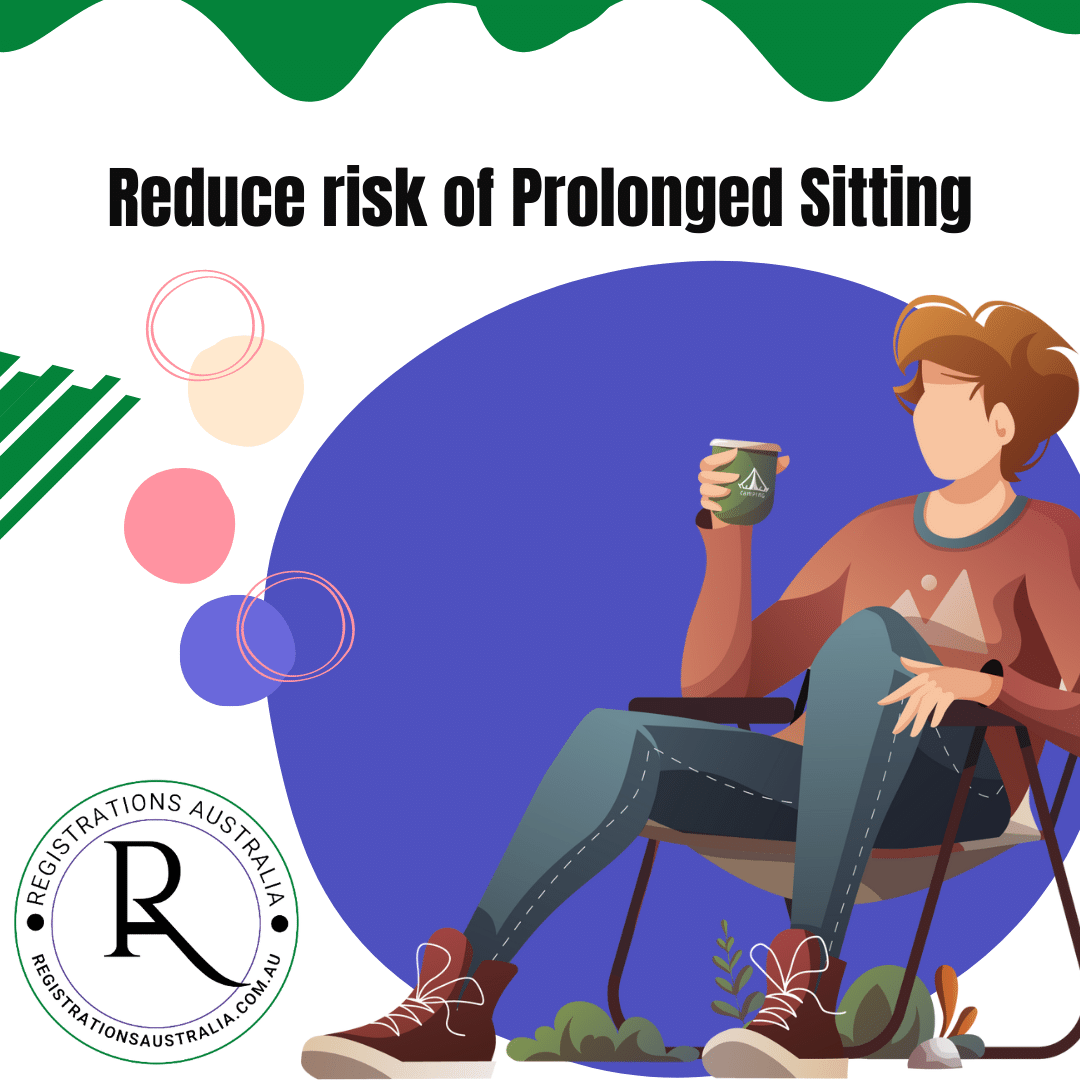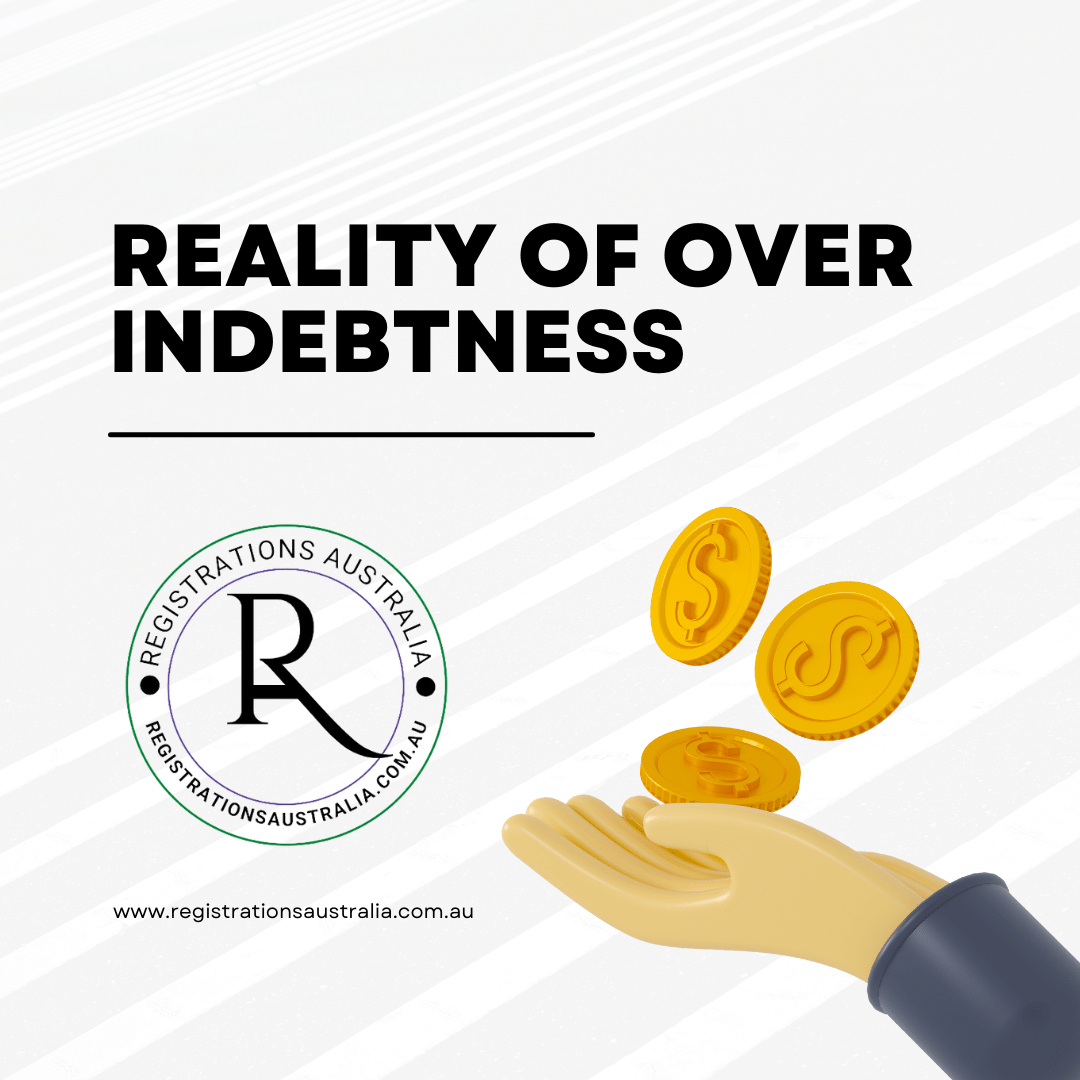Reasons Why Sleeping Is Important for Business
Introduction
How much sleep do you get? Most of us know that eight hours of sleep is recommended, but it might seem complicated with work, family, and social obligations often taking up more than 16 hours of the day. Maybe you've become accustomed to late flights, time zone shifts, and the occasional all-nighter. Perhaps you believe you can get by on four or five hours of sleep per night.
Habits of deprived sleep habits of leaders
The amount of sleep a leader receives and the "sleep culture" they instill in their subordinates are critical but frequently overlooked aspects of an organization's fabric. Sleep culture includes practices like responding to emails late at night or praising employees who do so. Because subordinates look to leaders for workplace cues, upper management's poor sleep habits are likely to rub off on the team. One study found that when supervisors had a lousy night's sleep, they were more likely to be abusive the next day, resulting in lower engagement and morale among subordinates.
You still don't believe us? Here's evidence of the negative consequences of a lack of sleep on the leadership mentioned above attributes (emotional intelligence, passion and charisma, and practical problem-solving capabilities).
Emotional Intelligence
One study looked into how sleep affects the quality of the leader-follower relationship. During the first three months of working together, researchers tracked the sleeping habits of 40 managers and their 120 direct reports. According to the findings, chronically sleep-deprived leaders had worse connections with their employees and displayed more antagonistic attitudes, but the leaders were entirely ignorant of this dynamic.
Charisma & Passion:
We've all experienced being unmotivated, distracted, and low on energy after a night of poor sleep. The bad news is that those who are chronically sleep-deprived (get less than 7-9 hours of sleep regularly) may be experiencing these symptoms in varying degrees without even realizing it. "That doesn't apply to me," you could be thinking. I can always perform well with only a few hours of sleep." We're sorry to break it to you, but only 1-3 percent of the population falls into the "sleepless elite" category. You're most likely not one of them.
Problem-Solving:
A leader's capacity to make effective decisions is harmed by lack of sleep. In one study that looked at how people made financial decisions, one group was assigned 5 hours of sleep per night, while the other was given 8. One group was given 5 hours of sleep per night, while the other was given 8. Each group had the option of accepting a guaranteed amount of money or taking a chance on receiving a more significant amount of money with the risk of receiving nothing at all. The sleep-deprived group gradually changed toward the riskier option over a week, and strangely, they could not notice this movement in themselves.
Five reasons why sleep is essential for businesses and organizations
Getting enough sleep might save the United Kingdom up to £36 billion every year. Professor Culpin's research reveals that addressing sleep deficiency is critical to boosting productivity, employee wellbeing, and effectiveness, and he urges businesses to prioritize it.
Professor Culpin shows how large percentages of working adults have never been so sleep-deprived in her book. Nearly half of the adult population in the United Kingdom and the United States does not get enough sleep. It negatively influences employees' ability to focus, make sound decisions, form relationships, and impact their health.
Memory
More sleep improves memory performance. Memory is essential for organizational success—such as remembering to arrive on time for meetings, recalling crucial sales data, or meeting a deadline—and an individual's fundamental identity.
Decision-making
Even one night of complete sleep deprivation can significantly impact one's ability to make appropriate decisions. Sleep-deprived people are more likely to get distracted by trivial matters, lose track of what has been said, and become distrustful.
Creativity
Tired minds produce tired thoughts. All parts of the creative process benefit from a good night's sleep, quantity, and quality.
Health
Even over a few nights, small changes in sleep duration or efficiency can cause health issues like elevated blood pressure, hunger regulation imbalances, and infection susceptibility.
Mood
One of the most common side effects of short-term and long-term sleep issues is a bad mood. Professor Culpin's recent research found that the most commonly stated result of lack of sleep was "irritability," followed by "feeling more anxious" and a desire to be "left alone."
Alternatives organizations adopt healthy sleeping habits and how business leaders can partake in that.
Encouraging and enabling healthy sleep are two surprisingly easy components of sleep leadership. Leaders who overtly emphasize the significance of sleep and implicitly emphasize the value of sleep by asking staff how they sleep are "encouraging." We contend that seeing these leadership actions causes employees to prioritize getting enough sleep. "Enabling" means taking concrete efforts to make healthy sleep more accessible, such as altering an employee's schedule or instituting a rule prohibiting late-night emailing. We contend that such behaviors create situations directly conducive to better sleep.
Employers are interested in helping their employees understand how to achieve better sleep, given the toll bad sleep habits take on workers and the subsequent impact on productivity and healthcare expenditures. Here are five steps that businesses may do to help employees sleep better:
Define your limits:
The fact that people can work at any time and from any location does not mean they should. Researchers from Harvard Business School collaborated with teams from the Boston Consulting Group a decade ago to investigate what occurs when employees are compelled to take frequent vacations. 'After only five months, consultants on teams with scheduled time off viewed their work environments more favorably – on every dimension — than counterparts on non-experiment teams,' according to the findings.
Set a positive example:
Christopher M. Barnes and his colleague Gretchen Spreitzer, Ph.D., wrote in the MIT Sloan Management Review about how examples can operate adversely and positively: 'If executives send messages late at night, employees will feel pressured to check their email. Late at night.' To mitigate the issue, one executive continued to write emails late at night but scheduled them to be sent during regular business hours the following day.'
Promote health benefits that address the underlying causes:
Negative lifestyle factors, as previously mentioned, might have an impact on sleep quality. Smoking cessation programs, workplace fitness facilities, and wellness programs that encourage employees to get in shape can help workers improve their sleep quality and general quality of life.
Conclusion
Sleep issues, such as sleep apnea, could be a continuous lack of sleep. Multiple short pauses in breathing occur throughout the night with this situation. This poor quality rest can lead to various issues, including low energy and increased irritation, which can negatively impact your capacity to perform as a leader. Sleep apnea patients are also at a higher risk of significant health problems such as stroke, diabetes, and mood disorders such as anxiety and depression.












